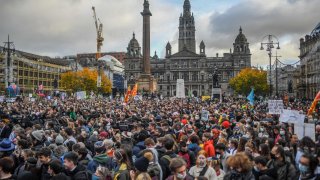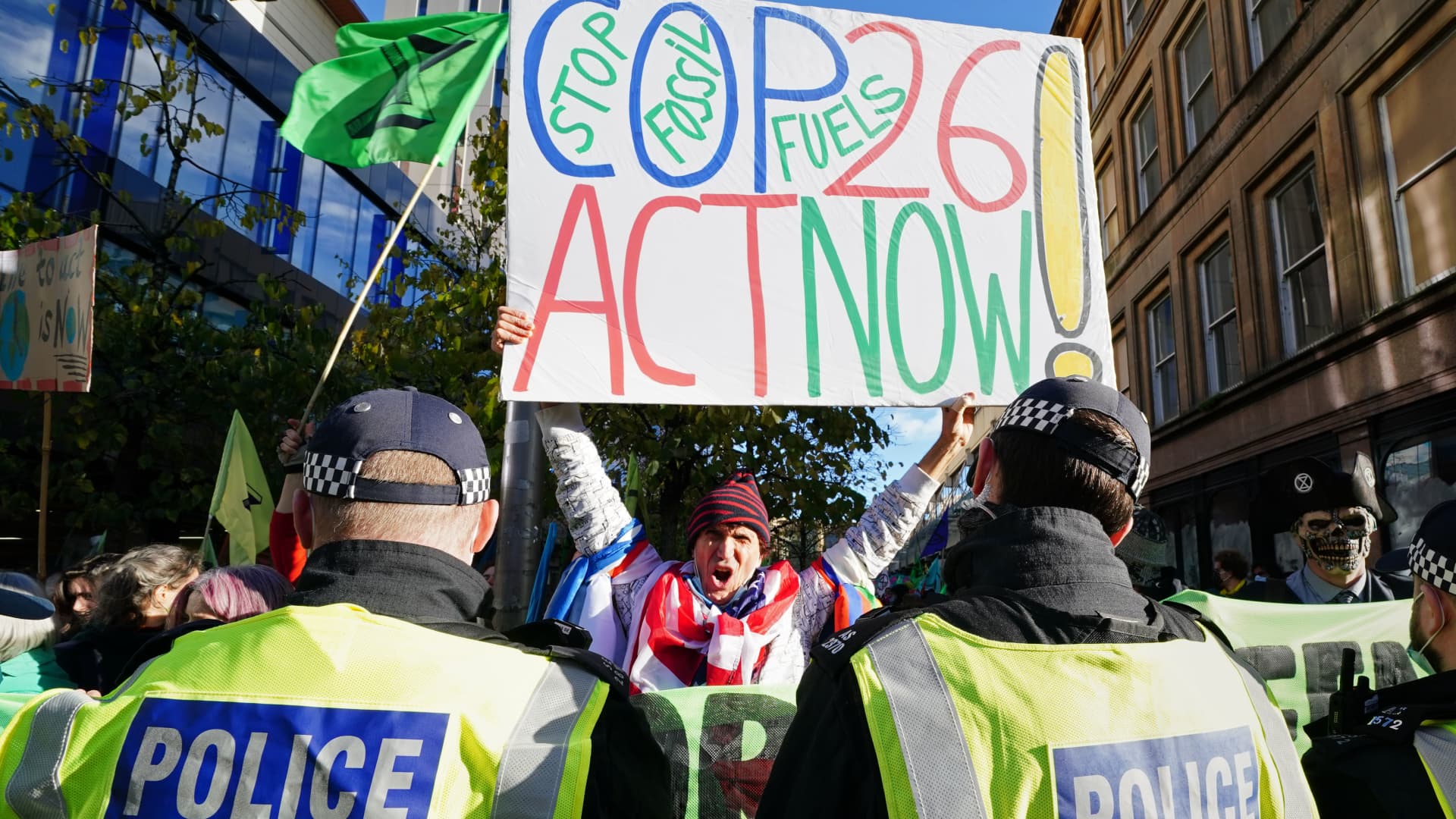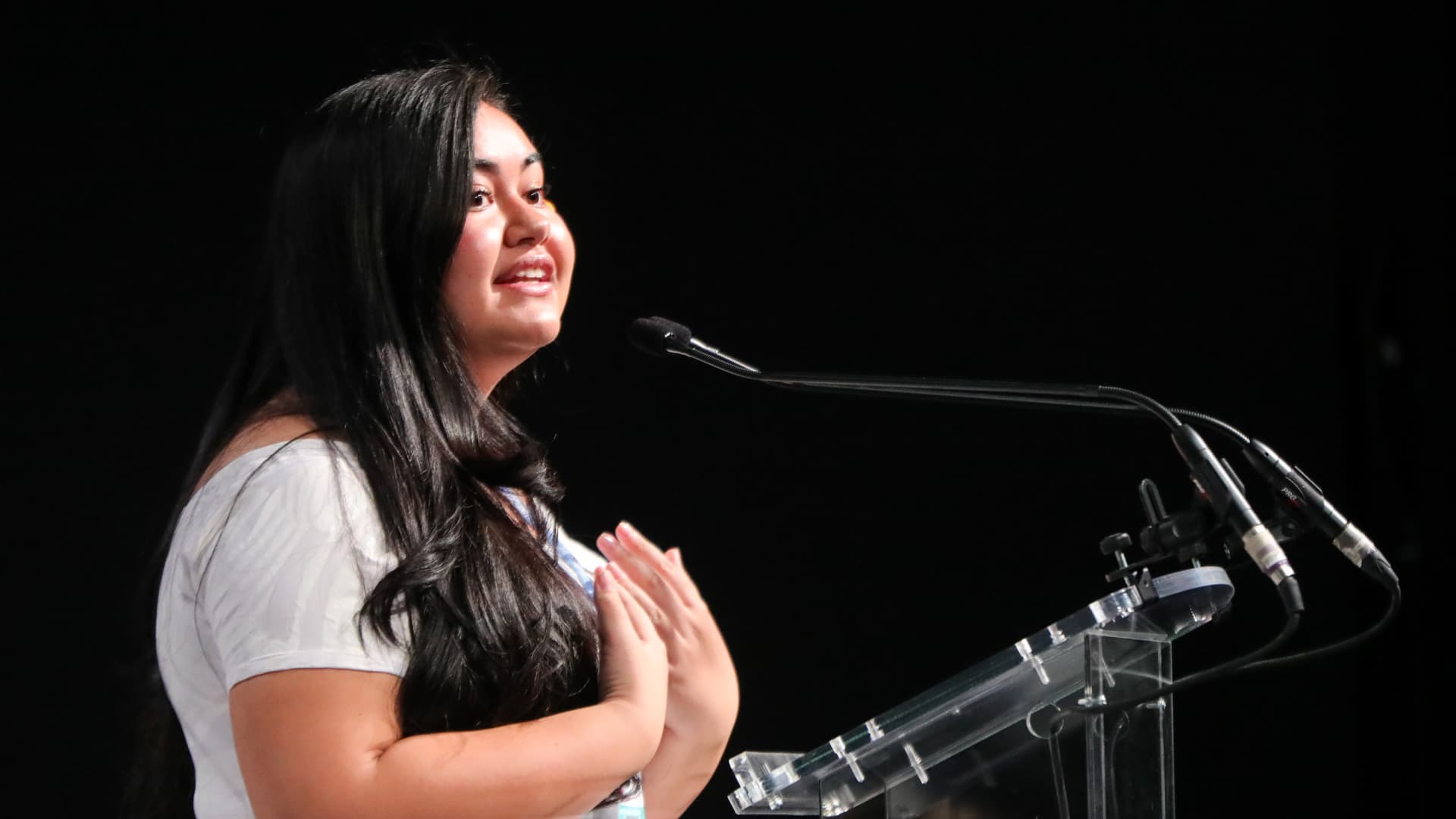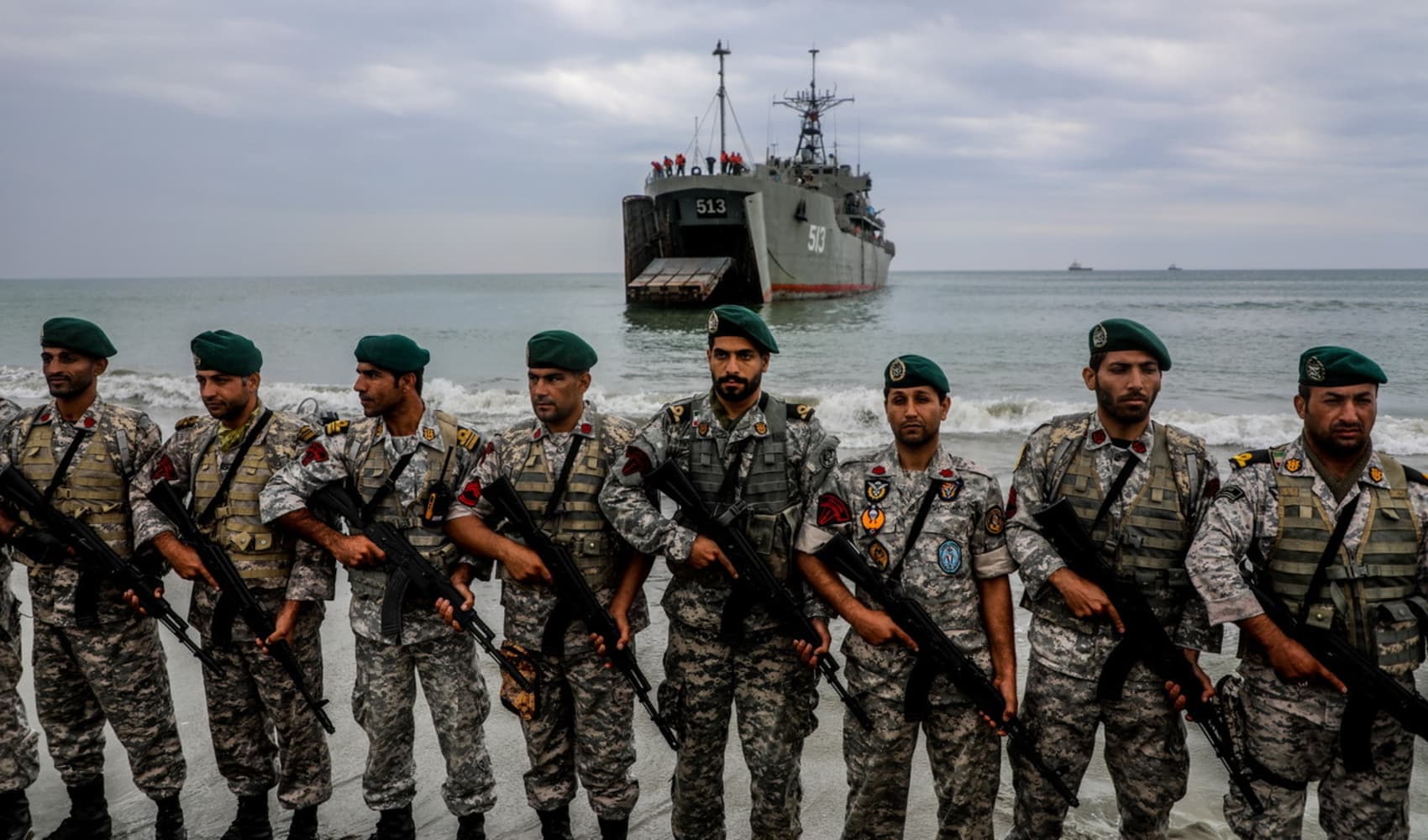
- Tens of thousands of protesters marched through the rainy streets of Glasgow, Scotland over the weekend to demand the urgent measures necessary to tackle the climate emergency.
- Placards bearing slogans such as "COP26 Act Now!" and "We Need Action Not Promises" were held up through the city center as many chanted "system change, not climate change."
- Just a bus ride away, talks at the summit continued behind closed doors.

GLASGOW, Scotland — Youth activists on the frontlines of the climate crisis have come to the COP26 summit to push for an end to inaction, urging politicians and business leaders to do all they can to meet the crucial goal of capping global heating to 1.5 degrees Celsius.
Tens of thousands of protesters marched through the rainy streets of Glasgow, Scotland over the weekend to demand the urgent measures necessary to tackle the climate emergency.
Get a weekly recap of the latest San Francisco Bay Area housing news. Sign up for NBC Bay Area’s Housing Deconstructed newsletter.
Placards bearing slogans such as "COP26 Act Now!" and "We Need Action Not Promises" were held up through the city center as many chanted "system change, not climate change." Just a bus ride away talks at the summit continued behind closed doors.
COP26 had been billed as humanity's last and best chance to prevent the worst of what the climate crisis has in store. There is not yet any indication whether the talks will be able to achieve this aim as the conference enters its second and closing week.
Patience Nabukalu, Uganda
Money Report
"I believe in people power," Patience Nabukalu, a 24-year-old activist from Uganda, told CNBC as thousands gathered in George Square, Glasgow on Friday. "And the power is in us, not the leaders."
Nabukalu sharply criticized policymakers at the U.N. talks for failing to tackle the climate crisis.
"They are pledging for the future, yet we are experiencing the crisis right now. We want them to act now. We want solutions, not promises. We want implementations, not pledges," she added. "Their negotiations are running on how not to top 1.5 [degrees Celsius], but 1.2 is already hell to us."
The East African nation of Uganda, sometimes referred to as "the pearl of Africa" because of its stunning landscapes, has seen adverse weather events such as prolonged dry seasons and more intense rainfalls become the new normal.
It is for these reasons that the World Bank has recognized climate change as one of the major threats to Uganda's sustainable development and efforts to end poverty.
"What I want you to understand is that climate change is a global crisis. It is not happening in Africa alone, it is not happening in only one country but it is affecting everyone around the world. ... There are many people who are dying [and] there are many people who are affected by the crisis," Nabukalu said.
"We have a chance to change everything. We have a chance to act now, the future is in our hands and the future is ours. It is our time to fight for it."
Laura Aguilar, Colombia
"It is even uglier than I imagined," Laura Aguilar, an activist from Colombia, told CNBC on Friday.
Speaking on the sidelines of her first climate rally in Europe, the Fridays For Future strike in Glasgow, Aguilar said she had been shocked by the "chaotic" atmosphere and the "aggressive" approach taken by some sections of the media.
"I already knew that this event was pretty damaged," Aguilar said, referring to the COP26 talks. "It is based on racism and classism and discrimination by the Global North, but it has been harder than I had believed."
Campaigners and environmental activists have described the summit as the most exclusionary they have ever known.
When asked what would need to happen in the coming days to make COP26 a success, Aguilar replied: "For the COP presidency to say sorry to people from the low- and middle-income countries for their lack of accessibility, for their lack of commitment also and for being so blind in general."
A spokesperson for the U.K. COP presidency said last week that it was "committed to hosting an inclusive COP" and ensuring that the voices of those most affected by the climate crisis were a priority.
Xiye Bastida, Mexico-Chile
"We are so energized. We want to change the world; we are seeing what is wrong, but we don't often know all the mechanisms that are around us and that's why we need to join with the youth movement and everyone that has been doing this for such a long time," Xiye Bastida, a 19-year-old Mexican-Chilean climate justice activist, said at a COP26 event hosted by Stop Ecocide International on Friday.
"We can't really do that if the foundation of the system that we have is one that is based on competition and individualism and burning oneself out. We have to switch that foundation."
Bastida said Indigenous communities had come to take part in the protests in Glasgow because it was not possible to do so safely at home.
A report from human rights group Global Witness, published on Sept. 13, identified Latin America as the most dangerous place for environmental activists last year. The analysis found 2020 was the deadliest year on record for environmental activists, with Latin America accounting for roughly three-quarters of the attacks worldwide.
"There is a lot of things that are happening in Indigenous communities around the world and if they protest, they will be attacked by the police, attacked by governments, attacked by companies. So, they have to fly all the way across the world to come to spaces where protesting is protected to be able to tell their governments: You are hurting me, and you are hurting my home," Bastida said.
"That shouldn't be the case … The protection that people are giving Mother Earth shouldn't be what's criminal, it should be the other way around."
Brianna Fruean, Samoa
Samoa is particularly vulnerable to the climate crisis, with the Pacific island country's agricultural land primarily located on coastal plains threatened by sea level rise.
The agricultural sector accounts for nearly 40% of Samoa's national output, and it is feared the current and expected occurrence of extreme weather events could cause irreparable damage to the food crops and other livelihood materials on which the population of roughly 200,000 depend.

"The real question is whether you have the political will to do the right thing, to wield the right words and to follow it up with long overdue action. If you're looking for inspiration on this, look no further for the climate leadership of young Pacific people," Brianna Fruean, a 23-year-old environmental advocate for Samoa, said at COP26 on Nov. 1.
"We are not just victims to this crisis. We have been resilient beacons of hope. Pacific youth have rallied behind the cry: 'We are not drowning, we are fighting.' This is our warrior cry to the world."
Txai Surui, Brazil
Txai Surui, a 24-year-old indigenous climate activist from the Brazilian Amazon, said at the opening of the COP26 summit: "Today the climate is warming, the animals are disappearing, the rivers are dying, and our plants don't flower like they did before."
"The Earth is speaking. She tells us that we have no more time," Surui said, adding that Indigenous communities must be at the center of U.N. climate talks. "We need a different path, with bold and global changes. It is not 2030 or 2050, it is now."
"We have ideas to postpone the end of the world," Surui said. "It is always necessary to believe that doing is possible. May our utopia be a future on Earth."






